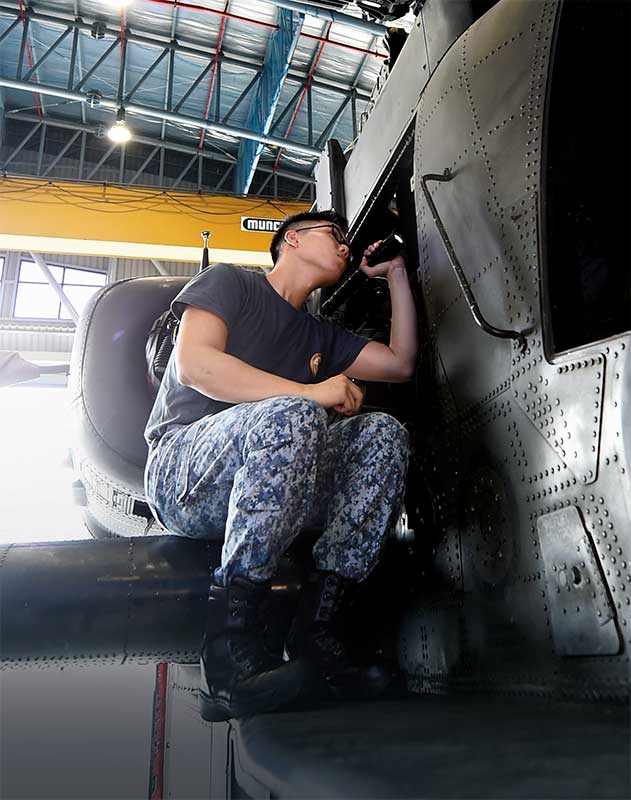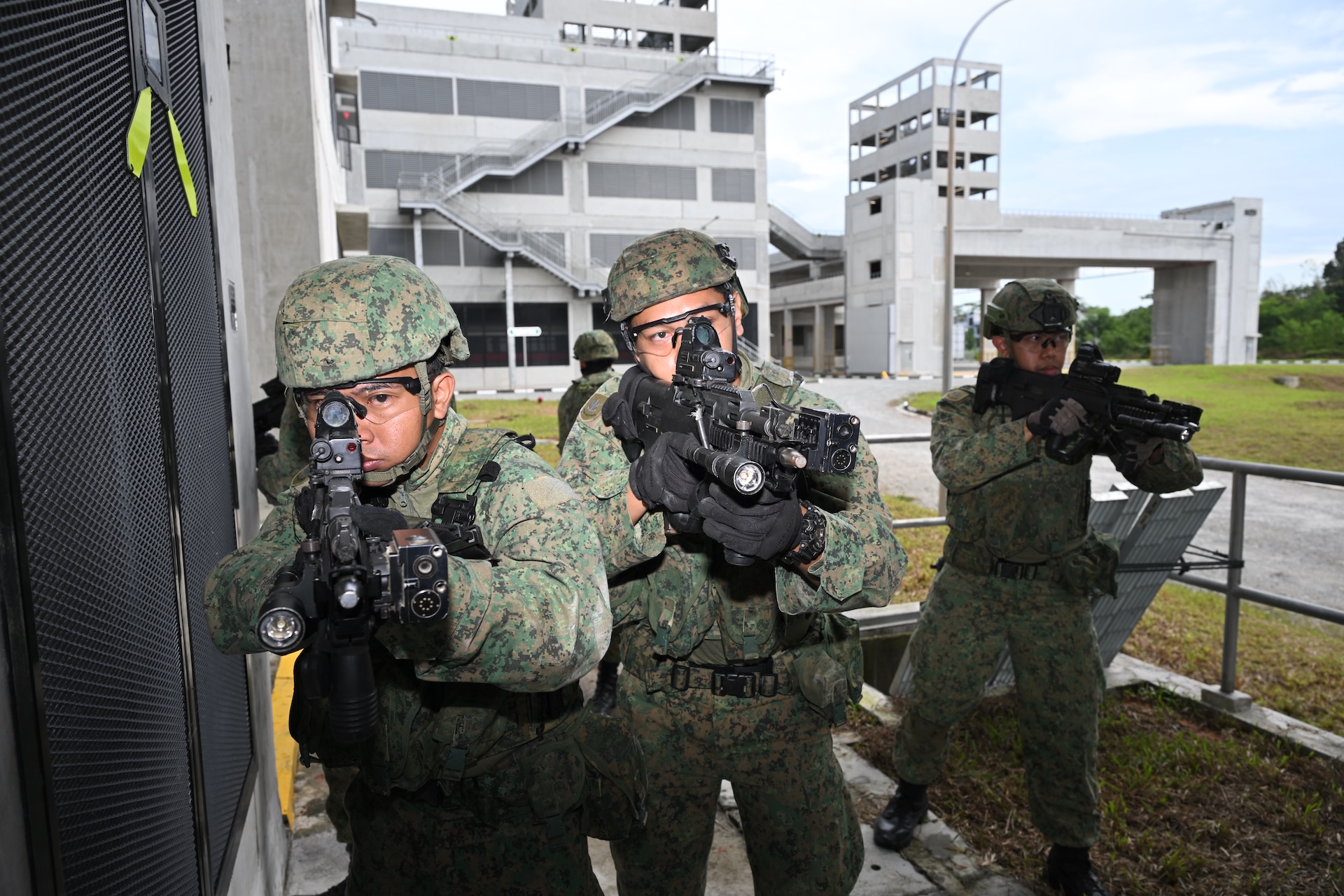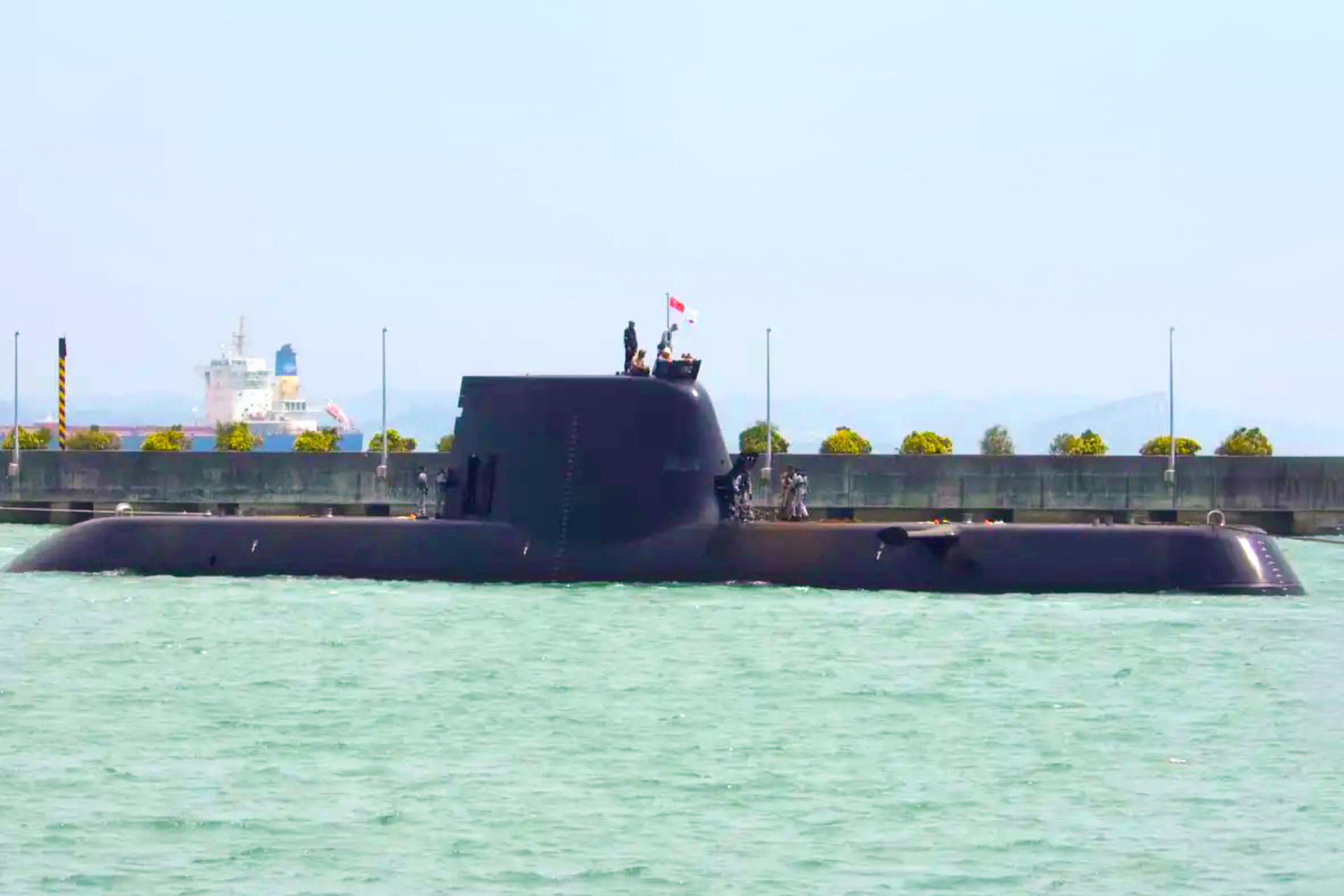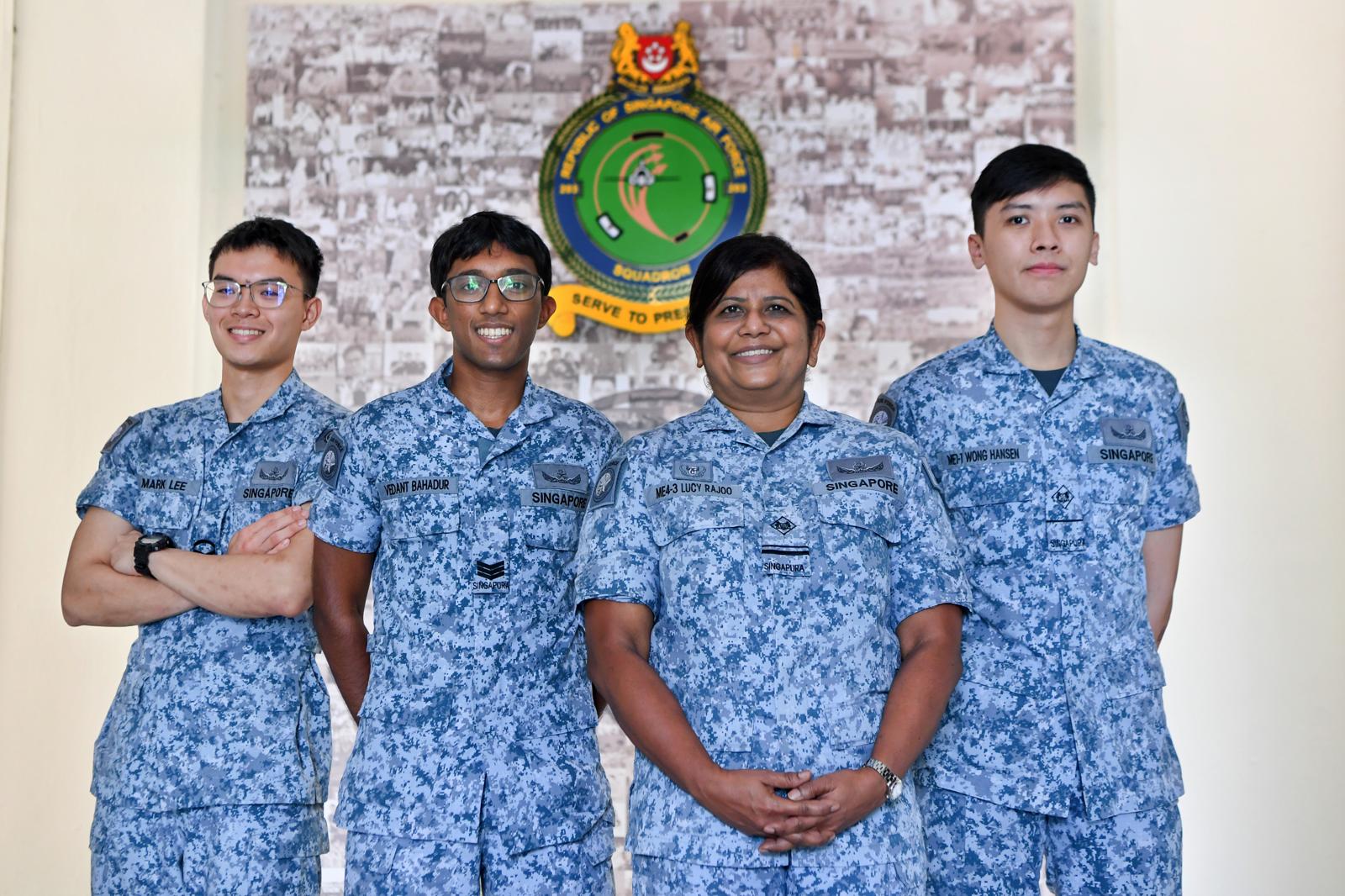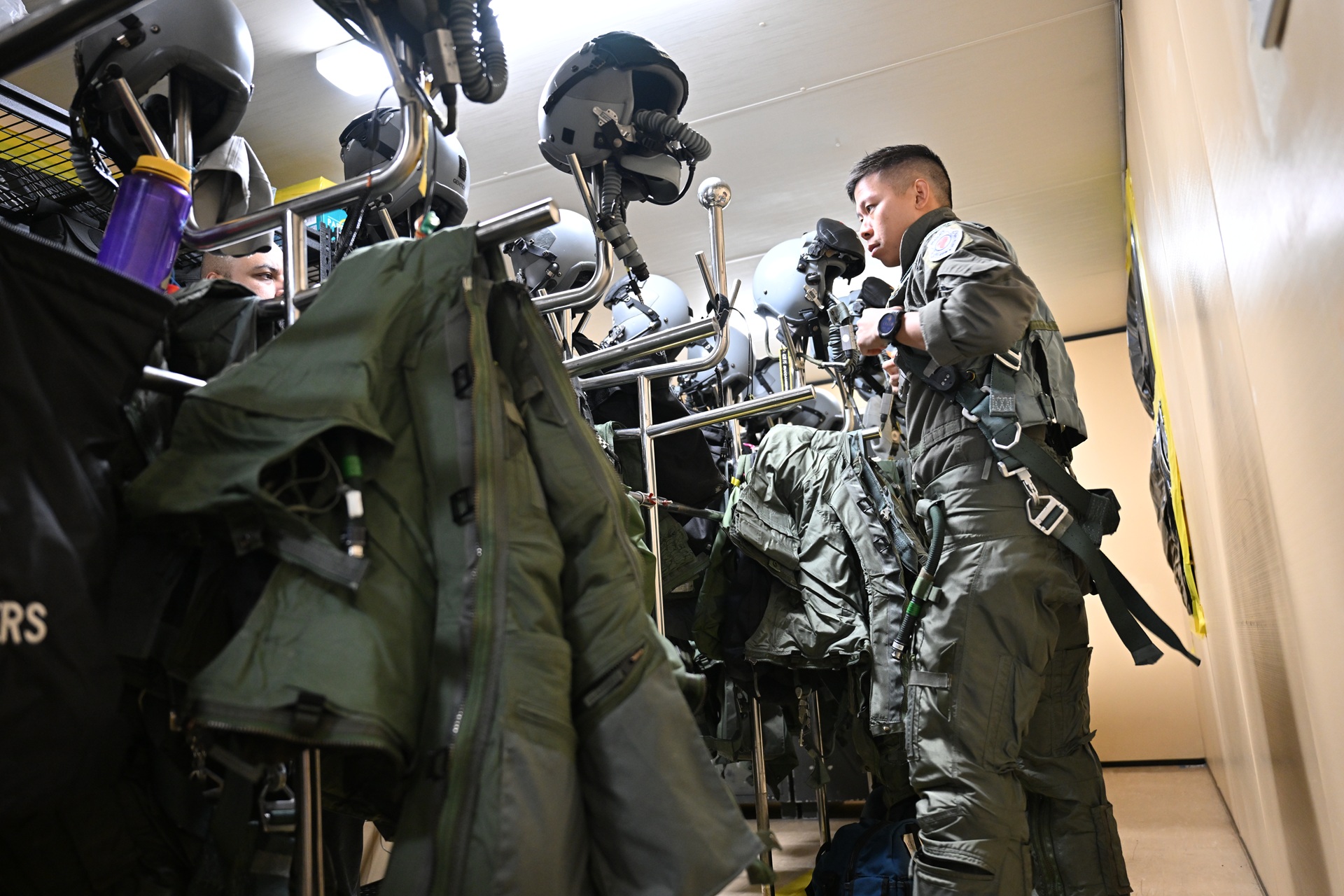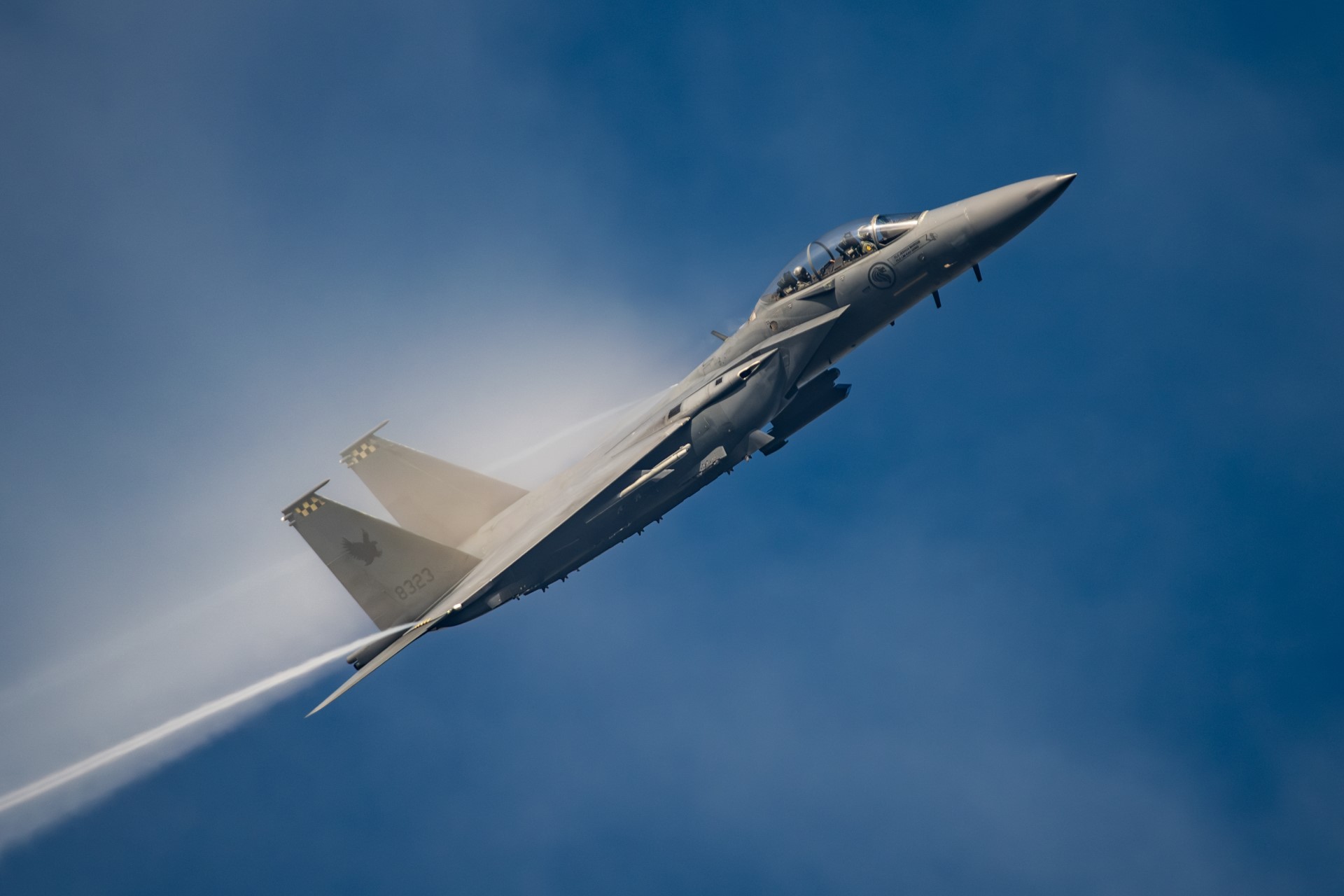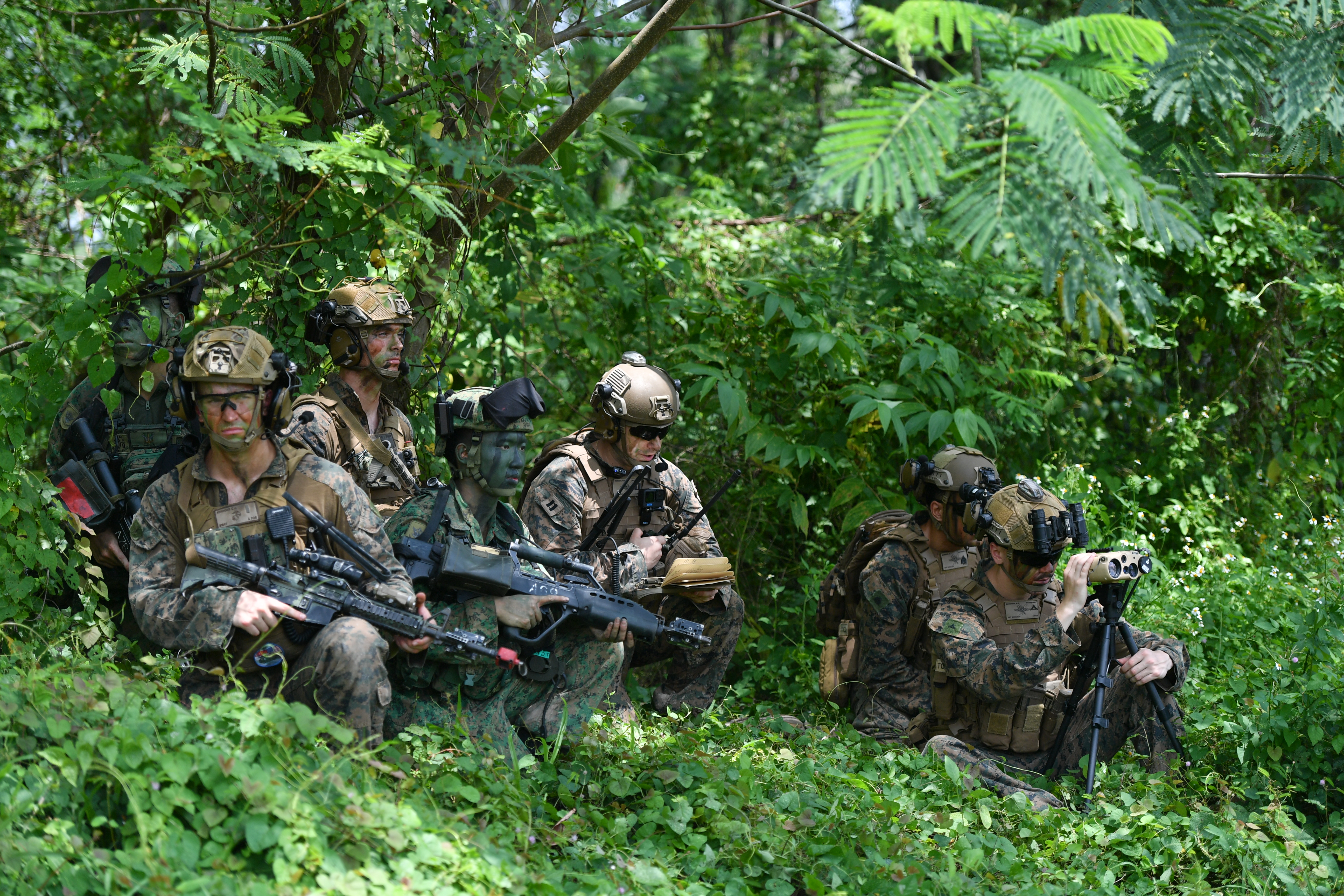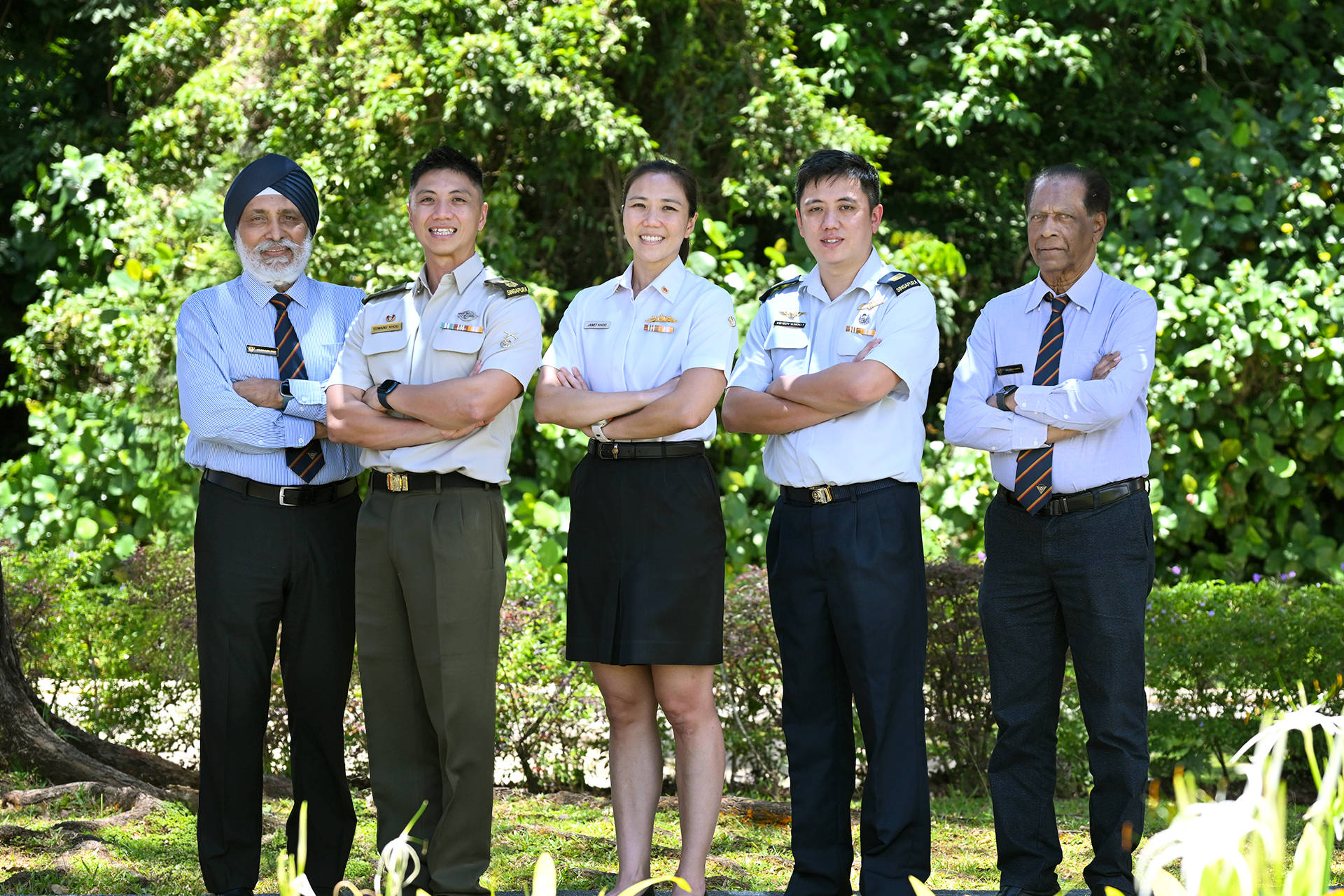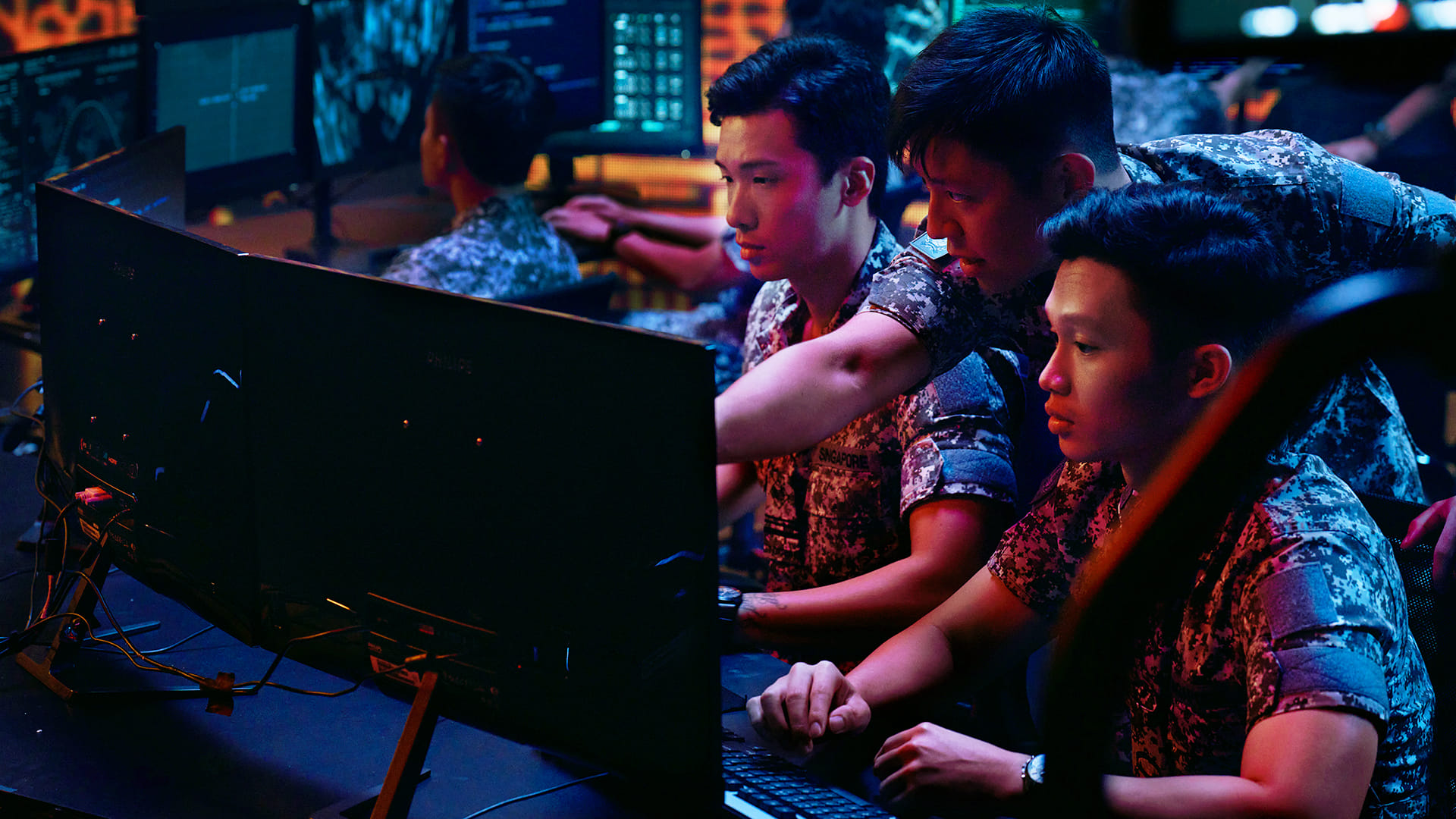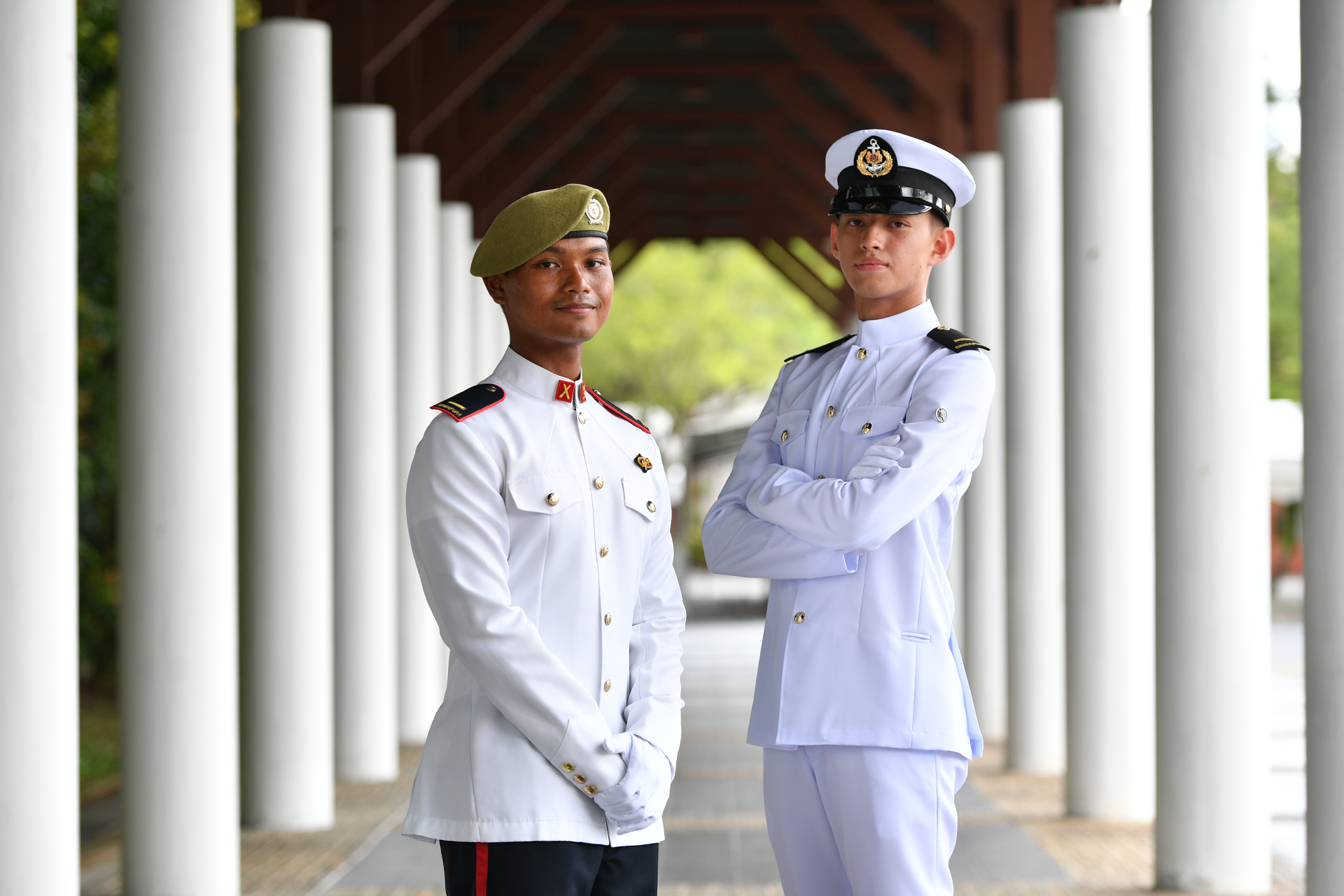30 RECOMMENDATIONS FOR BETTER NS, STRONG S'PORE
PHOTO // Simon Koh
The Committee to Strengthen National Service (CSNS) has revealed its recommendations to enhance the National Service (NS) system for future generations.
The 30 recommendations come after a year-long public engagement exercise - the largest that the Ministry of Defence (MINDEF) has undertaken - which gathered feedback from more than 40,000 members of the public.
The measures target National Servicemen through the various stages of their lives, and also give them and others more opportunities to contribute to Singapore's defence.
Speaking to the press at SAFRA Toa Payoh clubhouse on 22 May, Minister for Defence and Chairman of the CSNS Steering Committee, Dr Ng Eng Hen, said: "The CSNS recommendations are a comprehensive package of significant measures to strengthen NS for future generations and provide Singapore with a strong defence."
Under the CSNS are two working groups looking into "Support for NS" and "Recognition and Benefits for NS". The two groups are chaired by Second Minister for Defence Chan Chun Sing and Minister of State for Defence Dr Mohamad Maliki Bin Osman respectively.
Keeping Singapore's defence strong
Explaining the need to re-look at the NS system, Dr Ng said: "Within Singapore, there has been a fundamental change too. Families are smaller, and by 2020, all our full-time national servicemen would have been born in the 21st century. They will be shaped by different forces compared to previous generations. They would have been born and bred in an affluent Singapore with no direct memories of our early struggles."
"One constant must remain - we must ensure that NS remains relevant and responsive to a new generation who will defend Singapore. This was the prime reason we started CSNS - to keep one constant amid all these changes."
The core of NS remains, said Dr Ng. "NS must be for the defence of Singapore, never as a token, nor as symbolic (service)."
Here are some of the key recommendations by the committee.
Shorter waiting time for enlistment
Singaporean males waiting to start NS may not have long to wait if the recommendation to shorten the waiting period prior to enlistment is accepted. Currently, 45 percent of pre-enlistees enter NS within four months after completing post-secondary studies. The remainder are enlisted within eight months.
The CSNS recommends that this be shortened to a maximum of six months' waiting time and doubling the number of pre-enlistees entering NS within four months. This means that nine in 10 pre-enlistees can expect to start their full-time NS within four months of leaving school.
Once they are in the NS system, soldiers can look forward to being trained by a professional cadre of trainers.
Under this recommendation, the Singapore Armed Forces (SAF) is looking at hiring some 1,100 SAF regulars to beef up the ratio of regular trainers to NSF trainers. The Home Team will also look to hiring an additional 230 regulars to enhance training in the Police and Civil Defence forces.
More time to get fit
Operationally ready National Servicemen (NSmen) could get more time to improve their fitness. One of the recommendations calls for lengthening the period of time NSmen take to meet Individual Physical Proficiency Test (IPPT) or IPPT Preparatory Training (IPT) requirements, from the current nine months to 12 months.
NSmen who do not meet IPPT or IPT standards will have the next 12 months to clear their Remedial Training (RT) sessions. Explaining the rationale for this, CSNS member Senior Lieutenant Colonel (SLTC) (NS) Dr Bervyn Lee said: "It was pretty obvious (from the public discussions) that if we gave NSmen that nine-month window to clear IPPT and if they don't, (giving them) another three-month window to get their RT done was putting a fair amount of stress on the individual."
NSmen like Corporal (NS) Kelvin Koh , 26, said that the proposed fitness recommendations would motivate him to train harder to pass IPPT. "With this flexibility, it does encourage me to train harder to pass IPPT since I have more time said Mr Koh, who is a customer service executive in the automotive industry.
Under the recommendations, incentives for achieving certain IPPT standards have also increased by $100 across the board. For example, an IPPT pass with incentive now means a $200 award. "That's a 100 percent increase, of course I'm more motivated! laughed CPL (NS) Koh.
For NS commanders, the hope is that their soldiers would take more personal responsibility for their fitness. Said SLTC (NS) Lee, who is also Commanding Officer of an NS Brigade: "We hope that, at the end of the day, the IPPT pass rates will go up!"
"More importantly, we, as NSmen, should ask ourselves what is our call to action and step up (to train for IPPT)."
More opportunities to serve
If the recommendation to set up the SAF Volunteer Corps (SAF VC) is accepted, the broader community - women, first-generation Permanent Residents and new citizens who do not need to serve NS - can also 'join' the SAF. The scheme features two tracks where people can contribute to defence.
The Operations Track will see volunteers being deployed in operational roles such as island defence tasks, like protection of key installations and access control at large-scale national events. The other track will see specialists in fields such as law, psychology, information and maritime.
Already, the scheme has a few takers. For Ms Teng Wenli, she views the SAF VC as a way to get involved in Singapore's defence. "I will also find out if the military life is for me," said the 17-year-old Junior College student.
Under the proposed scheme, potential volunteers will undergo a four-week training course in basic military skills and values, and be expected to commit one to two weeks of their time each year, for a minimum of three years. "It's a commitment I am willing and able to make," said Ms Teng, whose mother used to serve in the SAF.
Another potential volunteer is Mr Ng Chek Hock, 38. Having lived in Singapore for the past 15 years, the Permanent Resident (PR) from Malaysia was disappointed to receive a letter of exemption from NS years ago.
"I wasn't even given a choice, asking if I wanted to serve. All I got was the letter in the mail one day," said Mr Ng.
"I feel like I've assimilated into Singapore society and I want to give back," said the engineer who works for an aviation firm. While in Malaysia, he had volunteered to be in the Royal Malaysian Navy, attaining the equivalent rank of Captain.
Mr Ng hopes to be "deployed meaningfully in a role that I can really contribute to...When I heard about the volunteer scheme, I was really happy!"
For details of the CSNS report and its recommendations, visit StrengthenNS.sg.
